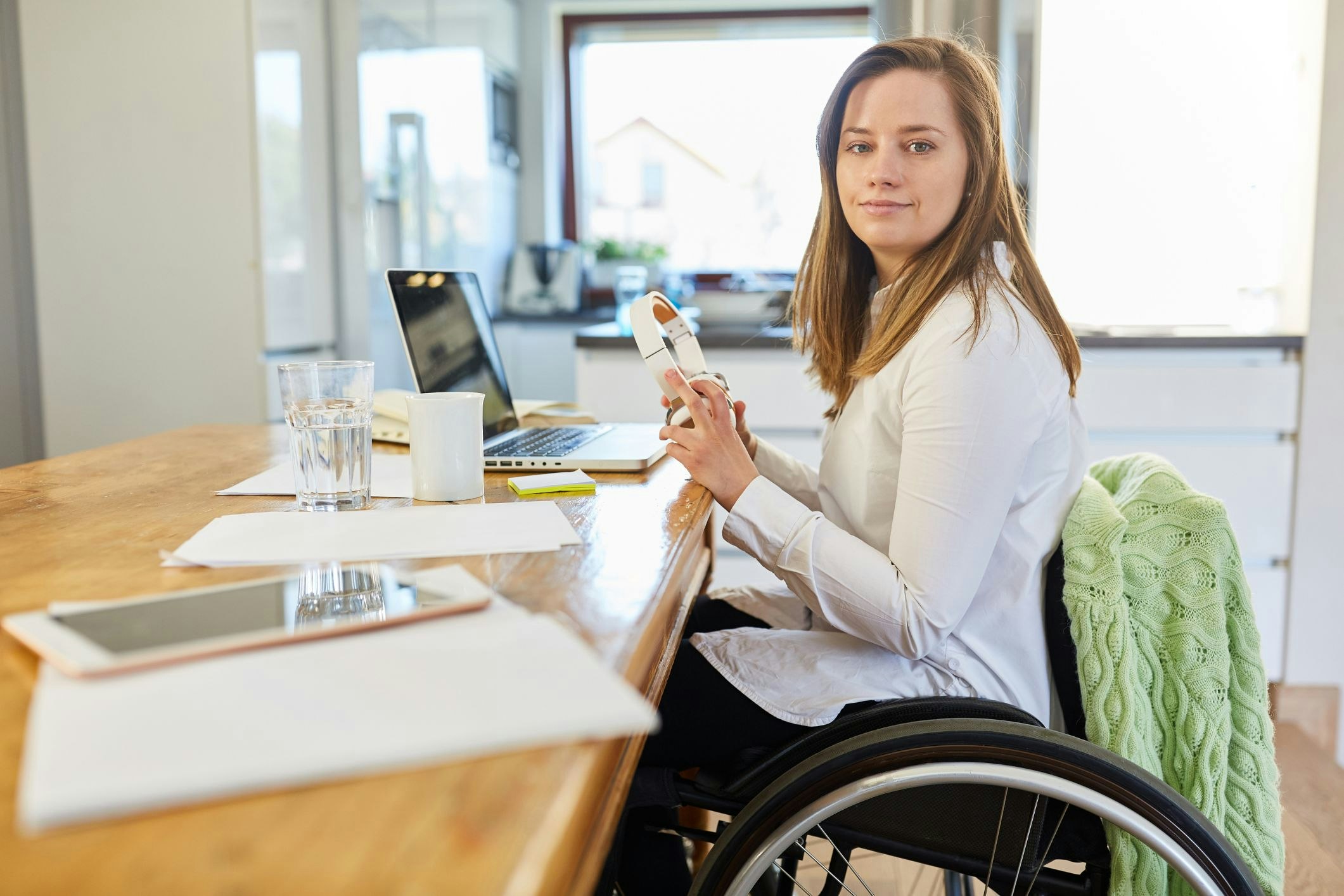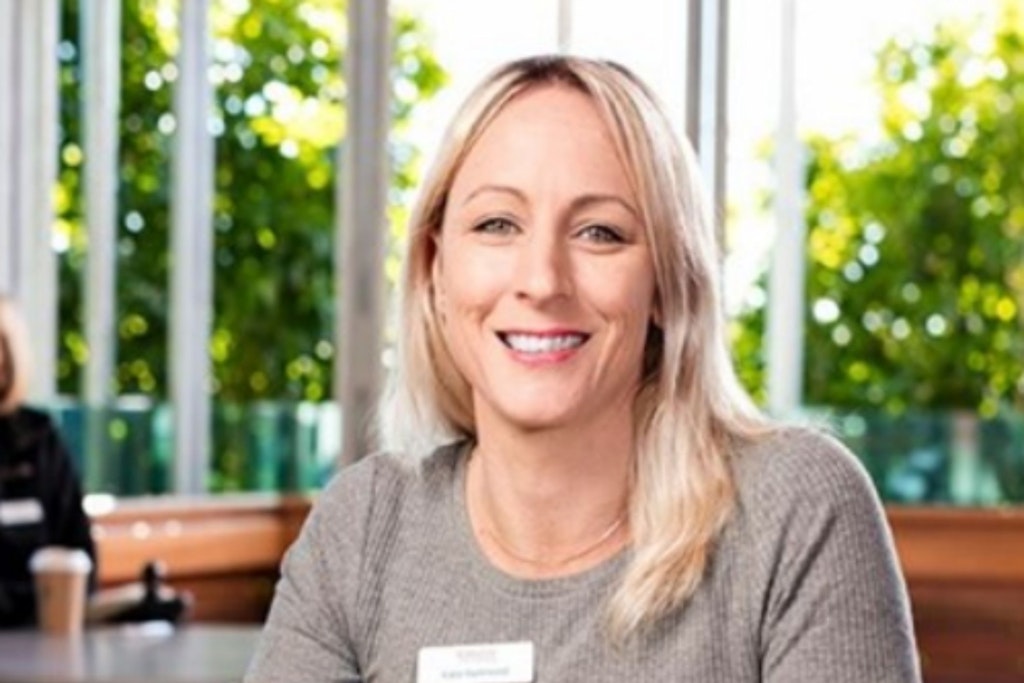Survivor to supporter: do(nate) the right thing this EOFY

Spinal Life Australia is hoping to extend their peer support services to regional Australia, through their End of Financial Year tax appeal.
Key points:
- Around one in six Australians (18 percent) live with a disability
- The majority of Australians with disabilities (77 percent) live with a physical disability
- 5.7 percent of Australians have a profound or severe disability
As tax time rolls around, Spinal Life Australia is calling on Australians to support a great cause through deductible donations, to provide peer support for people with disability in regional areas.
Peer support offers people born with or who have acquired a disability to bond with, speak their mind to and seek support from someone with shared similar experiences. This kind of support goes a long way to improving the mental health and quality of life for someone who lives with disability, as it may also help some come to terms with their condition and navigate their future.
For more than 60 years, Spinal Life Australia’s mission has been to empower people with a disability to live the life they choose and create a more accessible and equitable Australia for all. The organisation began when a group of people living with paraplegia and quadriplegia met and decided they would advocate, together, for what mattered most to them. Since then, Spinal Life has grown to offer a range of support services to help people with spinal cord damage and other physical disabilities, including polio survivors, at every stage of their lives.
Brisbane woman Katie Hammond’s life changed forever, following a tragic accident which left her a paraplegic. Coming to terms with her new life was an extremely challenging experience, but through the help and support of others with similar experiences, Katie was able to find positivity in her situation. Her newfound lease on life after the accident led her to become a peer support worker, leading to her current position as a Peer Support Team Leader at Spinal Life Australia.
Katie’s passion for fitness and mental health means she’s constantly pushing her boundaries by trying something different or something new every day.

“It’s one of those sliding door moments — what would have happened if I didn’t have that injury? Every moment in my life pointed me in so many different directions, so it’s probably easy to see that having my injury has given me the opportunity to learn so much about the medical industry, the human body and how disability can impact someone’s life,” says Ms Hammond.
“In the really early days after having an injury, you don’t know what you don’t know. The job that I have as a peer support officer now gives me the opportunity to open people’s eyes to other ways of doing things and the potential of being able to do whatever it is you want to do. We’ve just got to figure out how and what kind of ‘how’ to get there.”
“[Mental well-being is] absolutely everything. I work in the spinal injuries unit as the team leader for the peer support program and the first thing that we find is that we can’t help the fact that you’re experiencing a disability. You’re going to have to put those stitches together, but it’s how you think about it that makes a difference. It’s the support that you receive, it’s the ability to process what’s been going on and to give a voice to those feelings, to give a sense of normalcy to those feelings,” Katie adds.
Mark Townend, CEO of Spinal Life Australia, says peer support services for people living with disabilities should not be limited to those who live in major cities and metropolitan areas. He says that extending such support to regional Australia is a major priority.
“We firmly believe that everyone, regardless of their location, deserves access to peer support programs. It is a powerful tool that fosters connections, promotes personal growth, and provides a sense of belonging,” he says.
“Through our tax appeal campaign, we aim to bridge the gap and bring these crucial services to regional areas, empowering individuals with disabilities to thrive.”
Peer support plays a critical role in improving the lives of people living with disabilities, as it allows them to connect with others who have had similar experiences, challenges, and triumphs, and ultimately helps them to adjust to their new normal. By sharing knowledge, insights, and encouragement, peer support provides a valuable support network that can positively impact mental well-being, self-confidence, and overall quality of life.